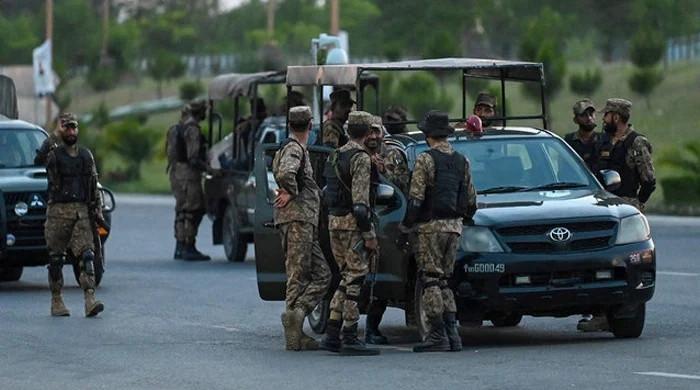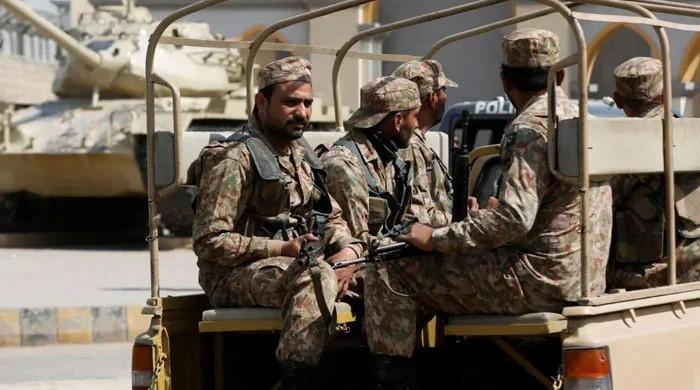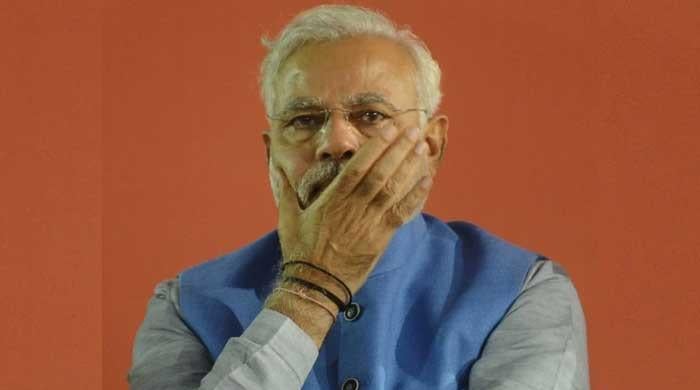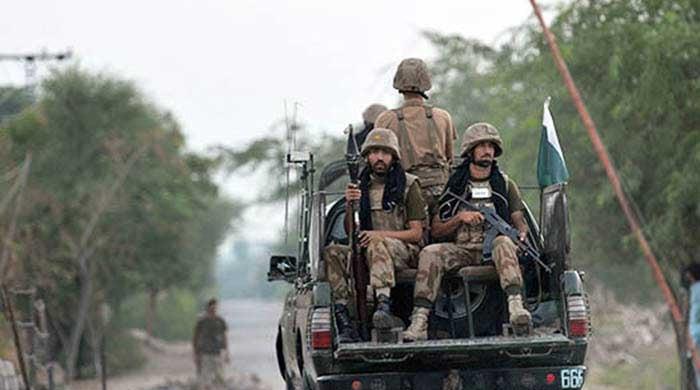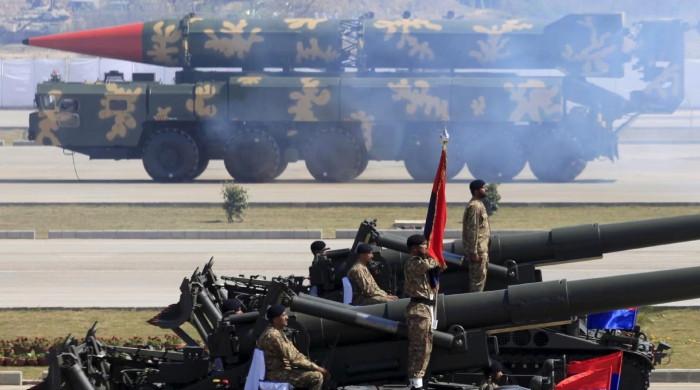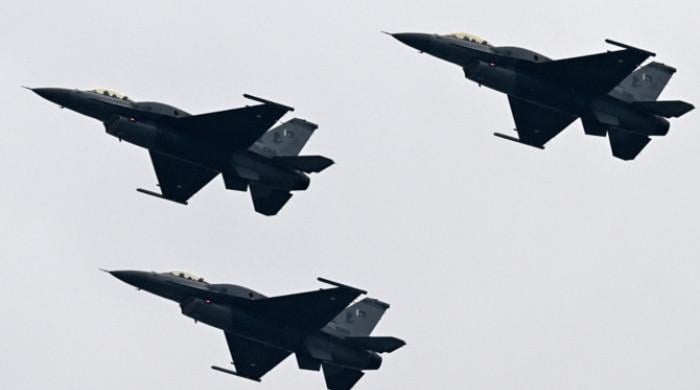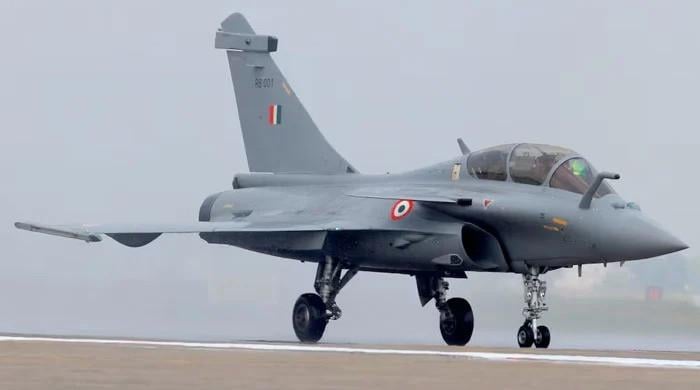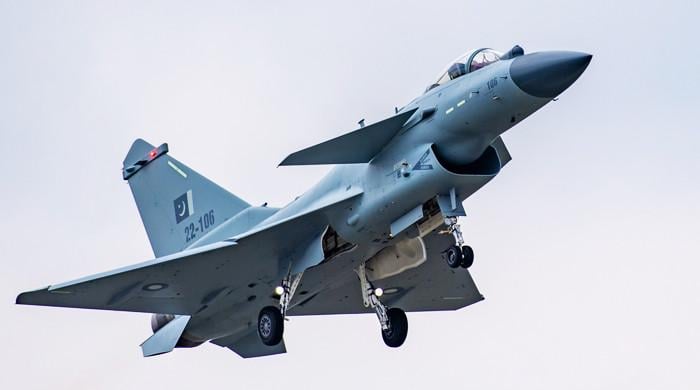Dawn Leaks: We Do Not Need To Know Everything
Pakistan most urgent and pressing crisis is not rolling power outages, shortage of water, unemployment or the absence of basic facilities. It is, we are repeatedly told, Dawn Leaks. From the...
May 13, 2017
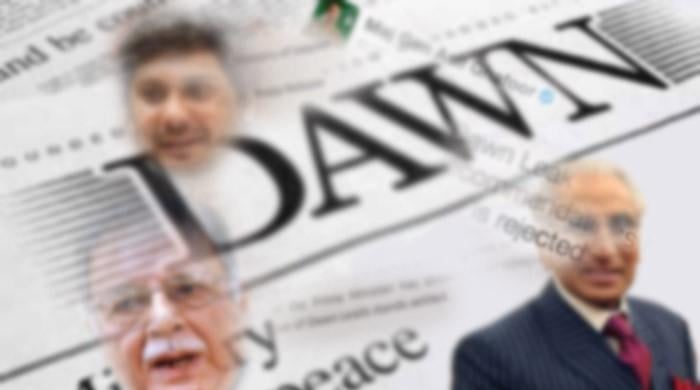
Pakistan most urgent and pressing crisis is not rolling power outages, shortage of water, unemployment or the absence of basic facilities. It is, we are repeatedly told, Dawn Leaks. From the moment the story broke in October last year that was all our freewheeling media could talk about for seven months.
When the frenzy seemed to be dying down, it rose up again after the ISPR rejected the prime minister’s directive regarding Dawn Leaks via a tweet. The media set the stage for a mega clash. But none came.
Shortly after the tweet, the Prime Minister and the Army Chief held a one-on-one meeting. What happened in the meeting is not know, and may not be known anytime soon, but talk of civilian supremacy started resounding right after.
It is time, that we, on the airways and otherwise, accept civilian supremacy. Those who have been given the mandate to rule by vote should run all matters of the state according to the constitution and the law. It is also time for us to draw a line and decide which matters of national interest should be brought before the nation, and which ones should not.
When Dawn Leaks happened, the then-Minister of Information Pervaiz Rasheed was immediately removed from his post by the government and a Joint Investigation Team was formed. The Prime Minister House then released a directive pertaining to the JIT’s report. The Army reacted immediately and rejected it.
The Leaks were quickly becoming a point of contention between the Army and the government - a standoff, which could have been easily avoided. It is damaging to the national interest for one government department to butt heads with another. And while it is the government’s job to resolve brewing crisis, in this instance the Army Chief Qamar Javed Bajwa should be praised for taking the matter in his own hands and asking the ISPR, in an unprecedented move, to take back its tweet.
That was that. Or so it seems. By some estimates, the trouble is not over yet. A few embers are still burning which need to be extinguished completely before moving ahead.
In my opinion, whatever the nature of the problem and whatever the grievances need to be solved and looked at behind-closed-doors. It does not need to be a public spectacle. As for knee-jerk reactions, they should be avoided. Government institution should use proper government channels to talk to each other. That is the only way forward keeping the national interest in mind.
Raees Ansari is Geo News' Lahore Bureau Chief




